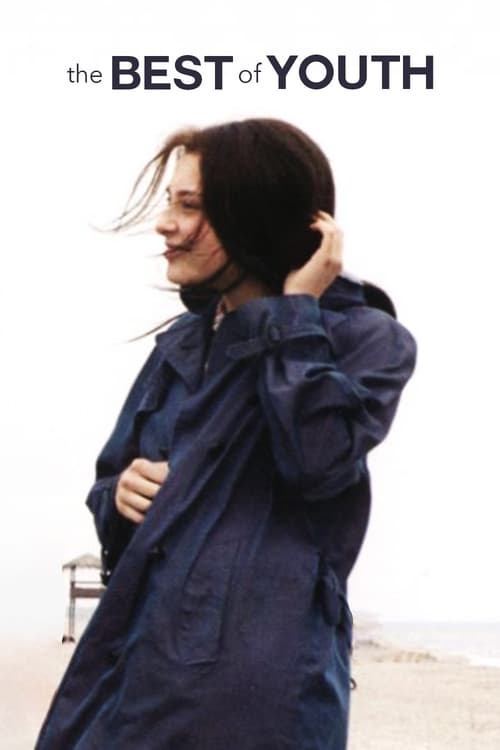
Title: The Best of Youth
Year: 2003
Director: Marco Tullio Giordana
Writer: Stefano Rulli
Cast: Luigi Lo Cascio (Nicola Carati), Alessio Boni (Matteo Carati), Adriana Asti (Adriana Carati), Sonia Bergamasco (Giulia Monfalco), Fabrizio Gifuni (Carlo Tommasi),
Runtime: 367 min.
Synopsis: After a fateful encounter in the summer of 1966, the lifepaths of two brothers from a middle-class Roman family diverge, intersecting with some of the most significant events of postwar Italian history in the following decades.
Rating: 8.091/10